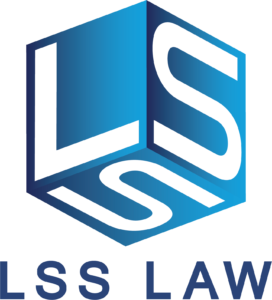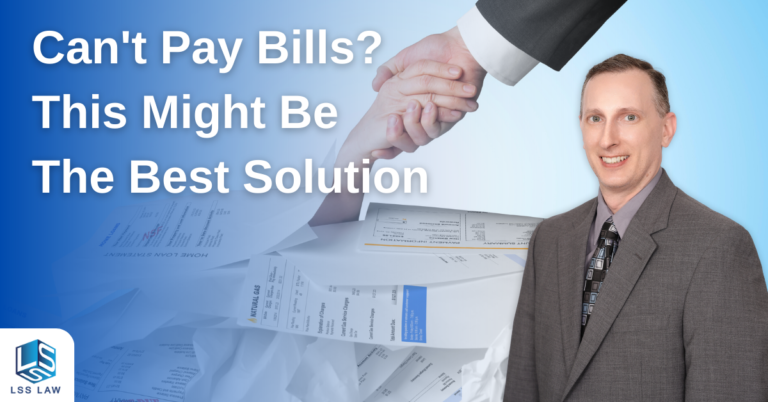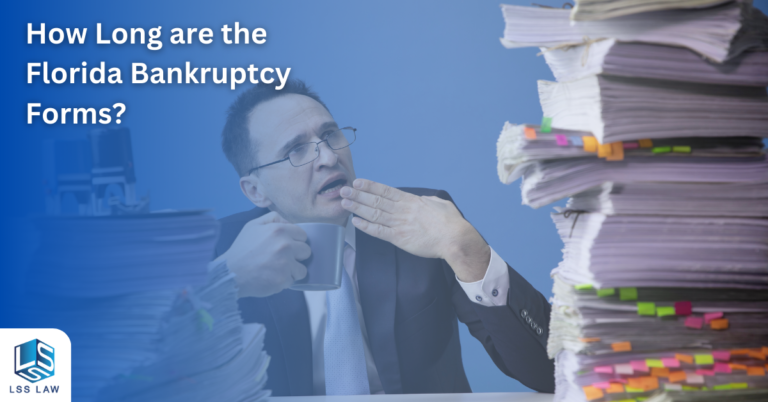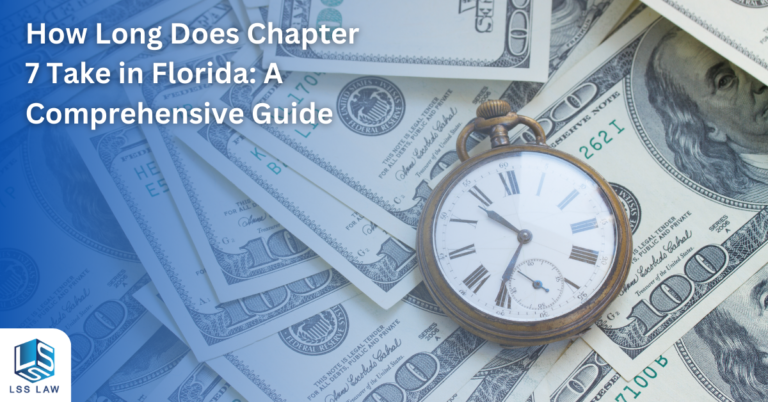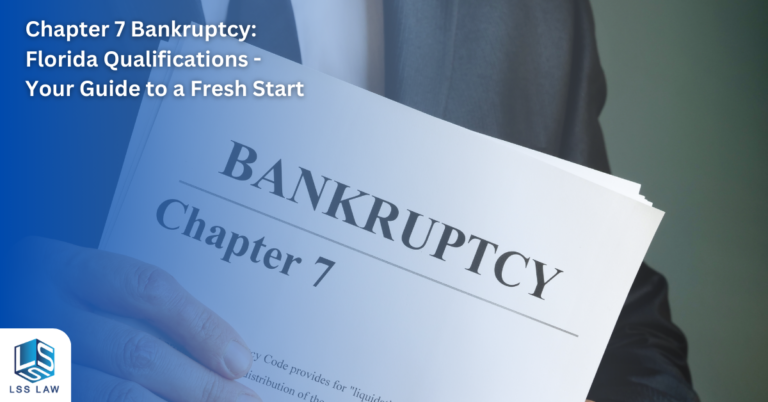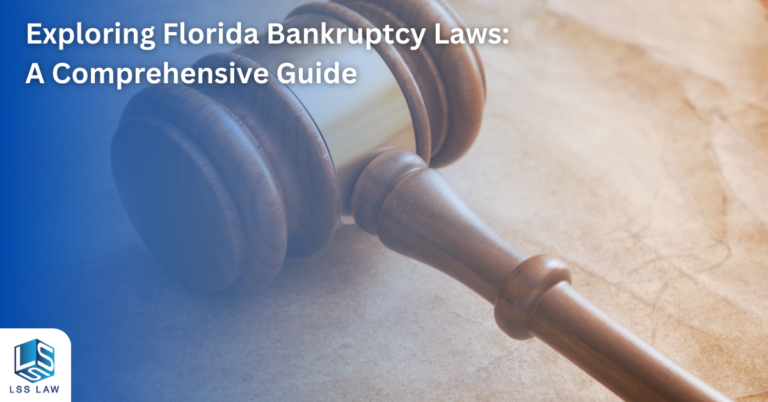Are you feeling overwhelmed because you can’t pay your bills? Has the credit card company been calling to demand payment and threatening to take legal action if you don’t pay up? If credit card debt has spiraled out of control and become overwhelming, then bankruptcy might be the best solution for you.
This blog will cover the ins and outs of bankruptcy – what bankruptcy is, how it works, and how it might benefit those who are unable to make ends meet or even pay rent.
What is Bankruptcy and How Does it Work?
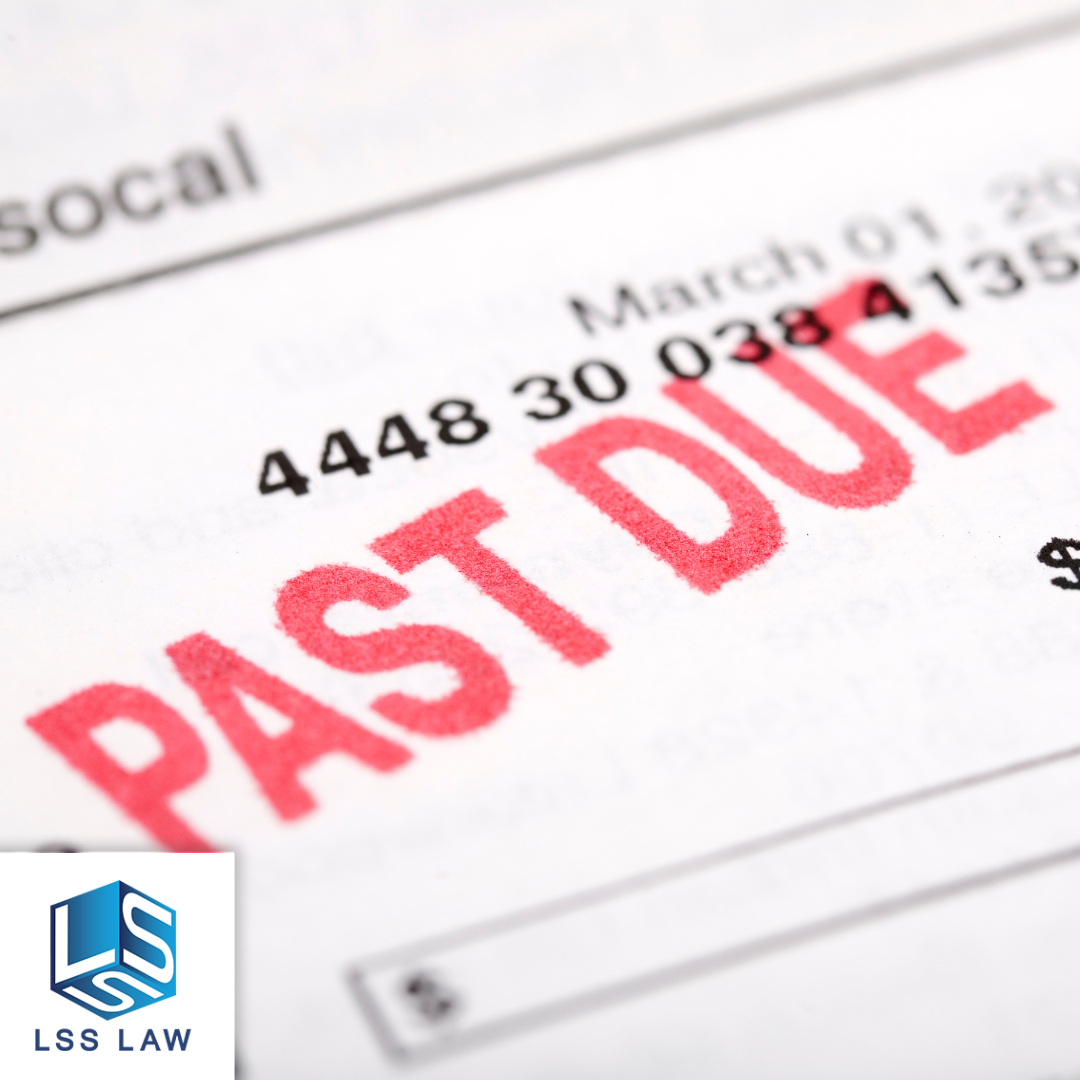
Bankruptcy is a legal proceeding that allows individuals and businesses who are having trouble paying their monthly bills or other long-term debt obligations to get a fresh start. It works by providing a way to have some or all debt forgiven in a court-supervised procedure, giving them an opportunity to start over financially.
In order for bankruptcy to be successful, individuals must abide by the court rulings regarding repayment plans, filing fees, and credit counseling. Once these requirements are met, it is possible for any remaining unsecured debts incurred before the date of filing to be partially or completely wiped out. Unsecured debts include credit cards, medical bills, utility bills, and other credit that does not have collateral backing it.
Individuals interested in bankruptcy should be aware that the court ruling may require them to make regular debt payments. During this period of repayment, a creditor is generally prohibited from taking further collection action (automatic stay) against an individual, such as wage garnishments or foreclosure proceedings.
The decision to file for bankruptcy should always be made carefully, but doing so can have many positive effects on a person’s financial well-being and future prospects.
Benefits of Bankruptcy
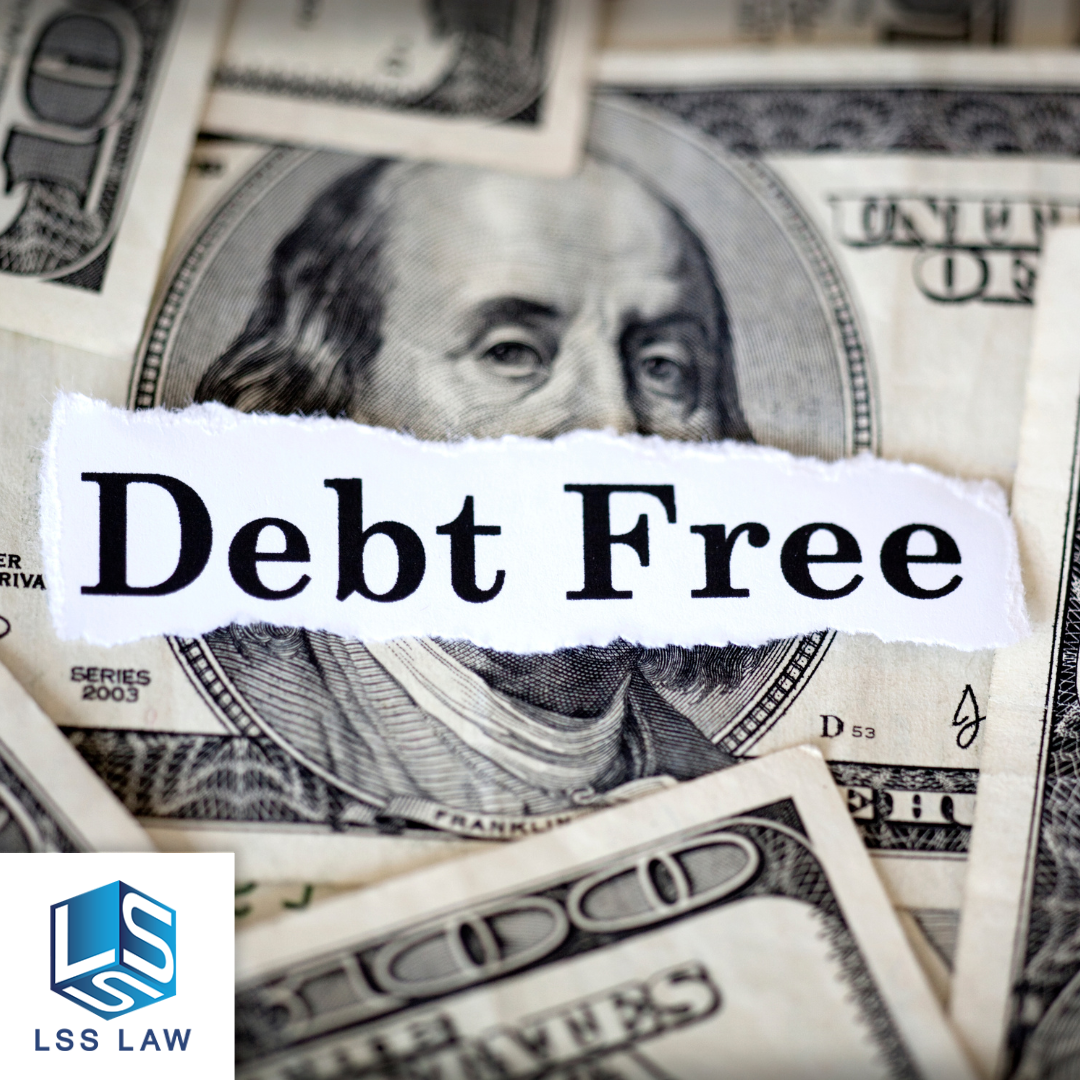
Filing for bankruptcy can provide much-needed relief to those with a large amount of debt. It may be possible for certain debts to be discharged without requiring any repayment, while other debts might be reduced to a manageable payment plan.
Another very helpful benefit of filing for bankruptcy is the automatic stay mentioned above, which provides individuals in bankruptcy with a degree of financial security while they work towards repaying their debts.
Additionally, filing for bankruptcy can help restore your credit score over time and provide you with a fresh financial start. If debtors honor their payment obligations and complete all the necessary steps required by bankruptcy law, they can eventually emerge from bankruptcy with a clean slate and begin rebuilding their credit and finances.
Types of Bankruptcy
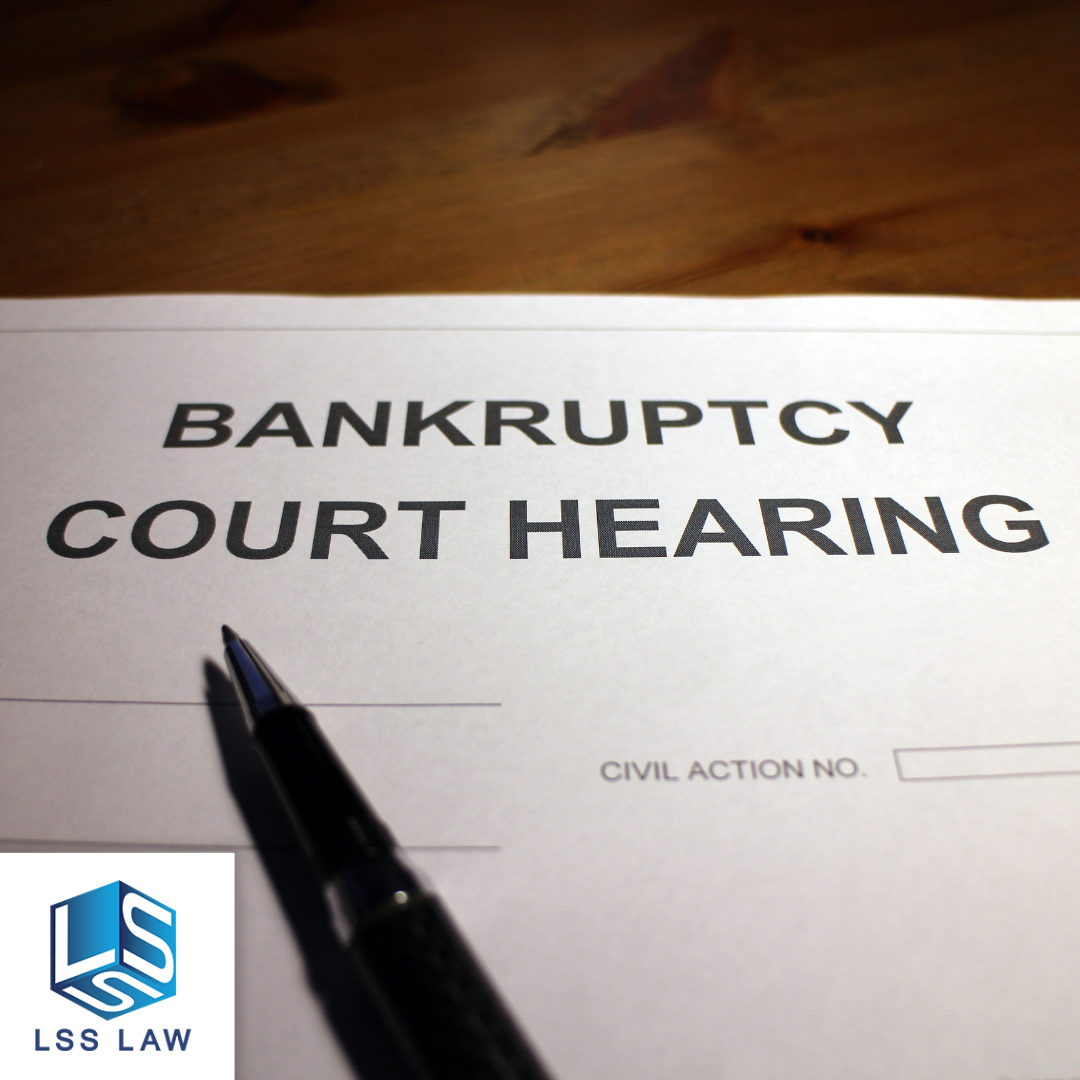
When filing for bankruptcy, there are a few different options available. Knowing which type of bankruptcy is right for you depends on your individual financial situation. Chapter 7, Chapter 11, and Chapter 13 bankruptcies are the three most common types of bankruptcy and each one is best suited for a different situation.
Chapter 7 Bankruptcy
Chapter 7 bankruptcy can give low-income or high-expense debtors financial freedom. Generally speaking, the debtor’s creditors are paid from the liquidation of the debtor’s nonexempt property – from selling items that are not necessities for living and working. Chapter 7 bankruptcy is often the last resort for financially struggling people, so it’s important to weigh all of the options before filing. We’ll cover chapter 7 bankruptcy in a later article, but if you’re unsure, consult an attorney.
Chapter 11 Bankruptcy
Chapter 11 bankruptcy is primarily used by businesses to restructure their debt and assets. It allows a business to continue operating while reorganizing its finances and establishing a payment plan to repay its creditors over time. For many companies, it offers the best chance for a successful financial turnaround.
Individuals might also choose Chapter 11, however, it is the most complex and expensive form of bankruptcy, therefore it is normally businesses that take advantage of it.
Through this process, people can get rid of some of their debt while also having the ability to make payments on the remaining balance. Repayment plans commonly last for five years, though some are longer.
Chapter 13 Bankruptcy
Chapter 13 bankruptcy is the “wage earner’s plan.” It is a form of debt relief that allows individuals to keep their assets and repay their debts with disposable income over a period of three to five years. With this type of bankruptcy, debtors are able to create payment plans in which they make regular monthly payments. It may be the best fit for individuals who need to catch up on their credit card payments, monthly bills, and other past-due payments.
Each monthly payment is made directly to the court and then distributed to creditors, with priority given to certain debts such as alimony, child support payments, and taxes. Chapter 13 bankruptcy can also stop the harassing phone calls from creditors while working toward paying off each credit card payment or bill.
It is important to note that filing for Chapter 13 bankruptcy means that you must make your required minimum payments each month.
How Can LSS Law Help You With Bankruptcy?

If you’re struggling with financial problems, it may be time to declare bankruptcy. LSS Law is an experienced law firm that can help individuals file for bankruptcy and get back on their feet again.
Our team of attorneys has the expertise necessary to explain the benefits and drawbacks of declaring bankruptcy, as well as provide information about alternative solutions such as creating a budget or using a debt snowball.
We understand that filing for bankruptcy can be a difficult decision to make, but our attorneys are here to provide the necessary guidance and support throughout this process so you can move forward with your life. So, if you’re considering filing for bankruptcy, contact LSS Law today to learn more!
Understanding Your Options
Individuals have several options to consider before they decide to declare bankruptcy. Those who are struggling financially should first look into debt consolidation and credit counseling programs, which can help minimize expenses or allow individuals to make payments on their existing debts. Additionally, individuals might want to find help from debt settlement programs. These solutions may enable them to avoid bankruptcy altogether.
credit counseling
Credit counseling agencies can help you develop a good debt reduction plan. They can also provide information about other debt solutions and resources to help you. Many credit counseling agencies offer money management classes and counseling sessions that will help you with short-term and long-term financial strategies.
debt Settlement
Debt settlement is an alternative to bankruptcy where a debt settlement company works with creditors to negotiate a reduced balance on the debt owed in exchange for a lump-sum payment from the debtor. This process can potentially resolve the debt for less than what is owed and help the debtor avoid filing for bankruptcy, but it also has potential drawbacks such as negatively impacting credit and requiring the debtor to have a lump sum of money to settle the debt.
government programs
As an alternative to bankruptcy, there are several government programs available to help those in debt. These programs offer debt consolidation, loan modification, and other financial aid to those who are struggling with debt repayment. Examples include emergency rental assistance such as the Home Affordable Modification Program (HAMP), the Rural Housing Stability Assistance Program (RHSP), or unemployment benefits programs. These programs aim to provide individuals with a more manageable and sustainable solution to their debt problems, helping them avoid the need for bankruptcy.
Filing Bankruptcy
Bankruptcy can be stressful and complicated. A lawyer can advise you on non-bankruptcy options and, if you decide that bankruptcy is the best option, a lawyer can help protect your assets and navigate the complex bankruptcy process.
Hire an experienced bankruptcy attorney to help you decide which process is best for you, prepare the necessary documents, evaluate your assets and liabilities, and advise you on how to proceed. You will avoid errors, as even minor ones can have serious consequences.
Navigating the Bankruptcy Process
There are several more steps to take in the bankruptcy process after the initial filing. For example, a creditor has the legal right to object to the bankruptcy. If a creditor objects to your bankruptcy or if there are other issues that arise, a lawyer can represent you in court and help you navigate the legal process.
LSS Law can help make navigating the bankruptcy process much less stressful by providing knowledgeable legal advice and support along the way.
Why Choose LSS Law for Bankruptcy Services?
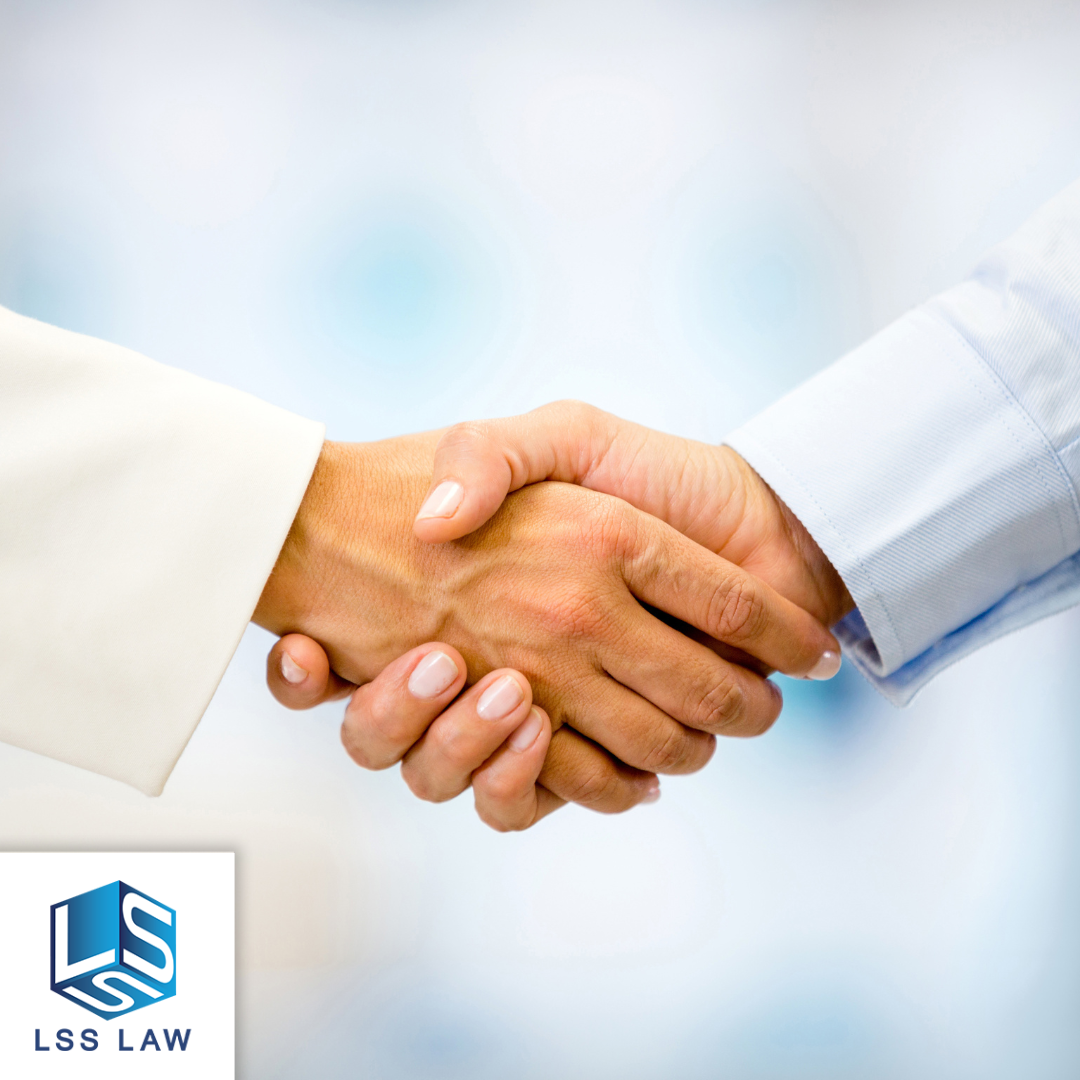
LSS Law is the premier choice for any individual looking to file for bankruptcy. The firm offers top-notch customer service, with a team of experienced professionals dedicated to helping you navigate the bankruptcy process and achieve the best possible outcome. LSS Law also understands that filing for bankruptcy can be a difficult decision, which is why their lawyers provide compassionate legal advice and support to guide clients through every step of the process.
Their extensive experience in dealing with bankruptcy cases gives them an edge when it comes to managing complex financial situations, as well as providing sound legal advice on how to resolve any issues quickly and efficiently.
Experienced Attorneys
The attorneys at LSS Law have a specific focus on bankruptcy and student loan law, and they take pride in serving their clients. With almost a decade of experience in the industry, the attorneys at LSS Law have successfully helped over 2,000 families become debt free through bankruptcy.
Affordable Rates
At LSS Law, we understand the importance of providing clients with an affordable rate for our bankruptcy services, as not everyone is able to pay the same price. Our rates are the most competitive in town, but that doesn’t mean we sacrifice quality. Our dedicated team of legal experts is committed to providing each client with the necessary tools to make informed decisions regarding their financial future. We believe that everyone deserves access to quality legal support regardless of their financial resources and our affordable prices reflect that.
While it is true that legal fees come along with this process, it is important not to let them be a deterrent from seeking help—instead of asking “how can I afford to file for bankruptcy with an attorney,” ask yourself, “how can I afford to file for bankruptcy without an attorney?”
At LSS Law, we understand the full scope of the financial risks associated with filing for bankruptcy, and we believe that doing so without an experienced attorney is likely to cost you more in the long run.
Contact LSS Law for a No-Cost Bankruptcy Strategy Session
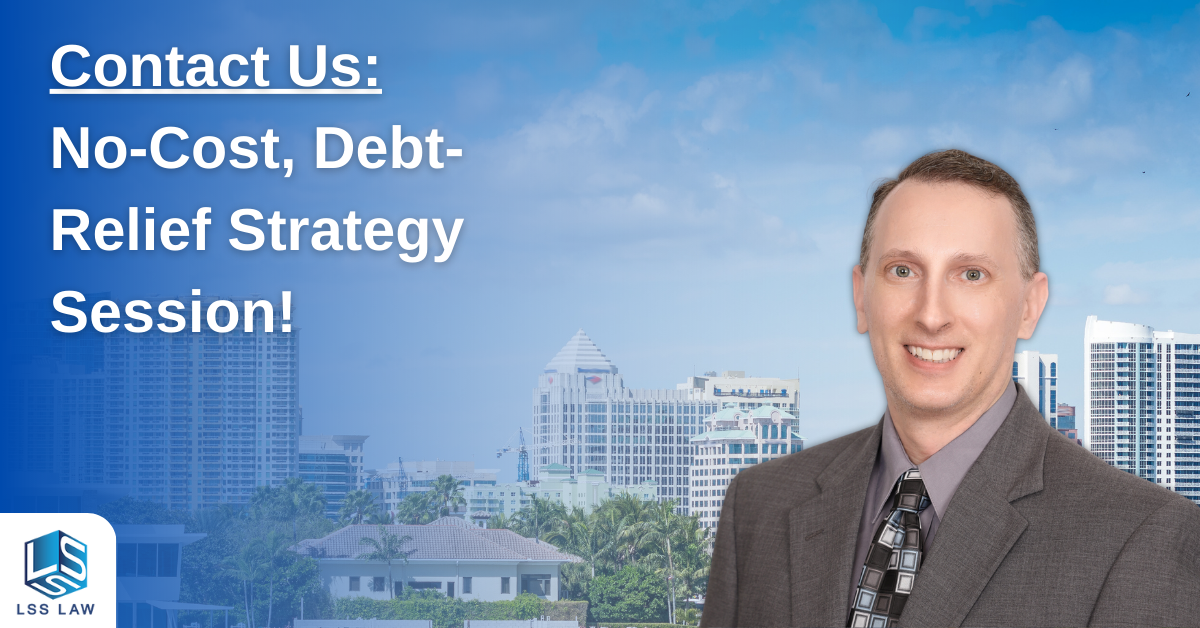
If you are considering filing for bankruptcy, it is important to hire an experienced attorney who can help guide you through the process. At LSS Law, we understand that most situations involving bankruptcy involve sensitive information and can be stressful.
Our experienced team wants to make this complicated process as easy as possible and minimize stress by putting our deep understanding of all aspects of bankruptcy procedures into practice.
If you would like to learn more about how our team can help you in your situation, please don’t hesitate to contact us. You can call us at 954-466-0541, email us at info@lss.law, or visit our Contact Us page at lss.law/contact to schedule a no-cost personal bankruptcy Strategy Session with one of our experienced attorneys today!
Can’t Pay Bills? | Your Questions Answered
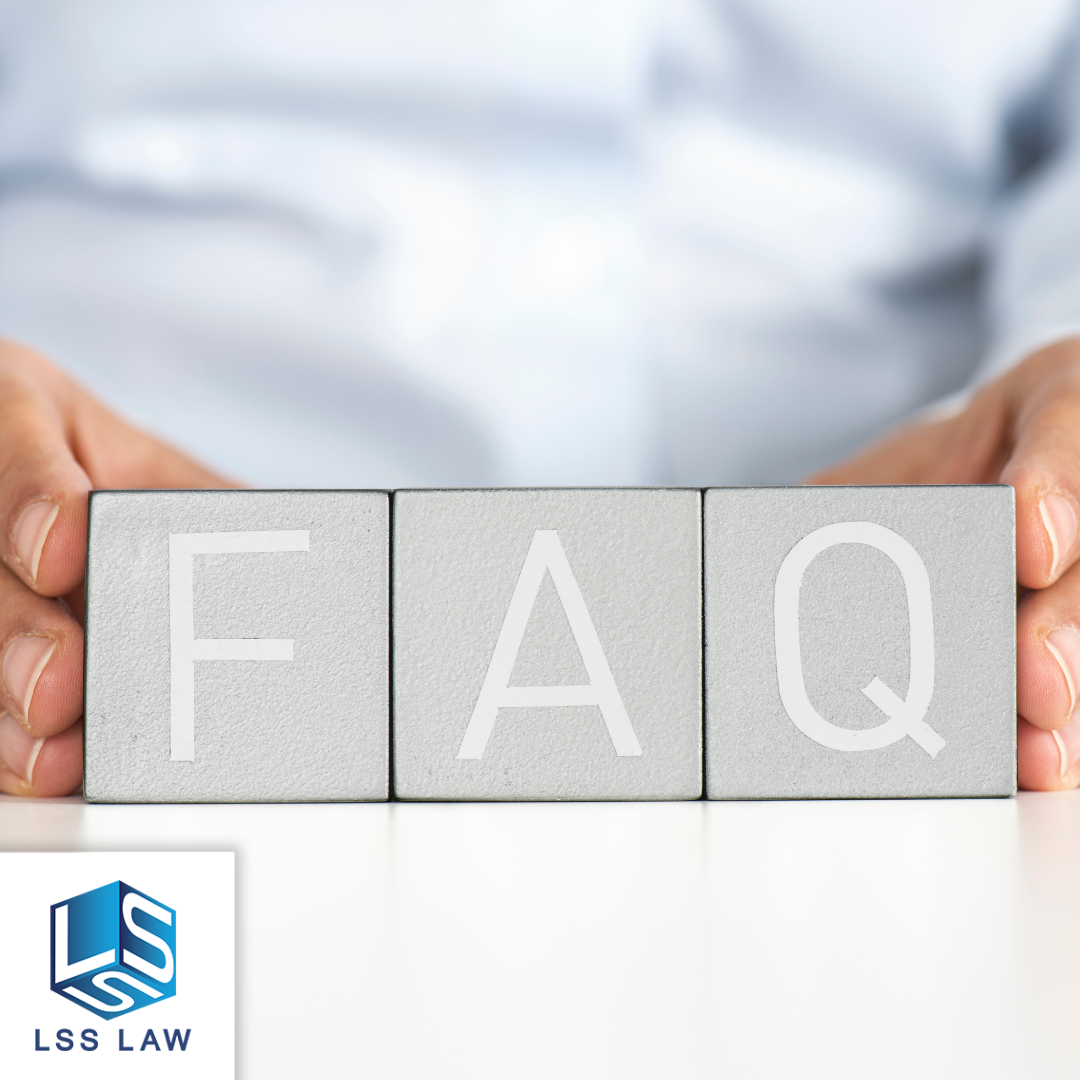
Now here are answers to some of our most frequently asked questions about bankruptcy.
What is bankruptcy?
Bankruptcy is a legal process that organizes debt resolution through liquidation or reorganization. Individual debtors can file for bankruptcy to reduce or eliminate their debt, ideally allowing debtors to start over financially and creditors to recover losses.
Chapter 7 is the most common personal bankruptcy filing, but there are others depending on a person’s financial situation.
How does bankruptcy work?
Debtors must follow court rules to file for bankruptcy. Immediately after the case is filed, the court begins “the automatic stay,” which allows the debtor time to assess and reorganize the existing assets and then make a plan to pay back the debt.
Bankruptcy usually absolves most debt and will remain on an individual’s credit report for up to ten years. Bankruptcy is difficult, but it allows people to start over financially.
What are the benefits of filing for bankruptcy?
Bankruptcy can reduce personal and business debt, letting you start over financially. Bankruptcy law provides relief from creditors’ actions and protects your assets until a plan is agreed upon. Finally, bankruptcy provides credit counseling to improve your finances. Though difficult, bankruptcy may be worth it.
What should I consider before filing for bankruptcy?
Before bankruptcy, consider several factors. Know which debts bankruptcy can and cannot be discharged. Know how bankruptcy will affect your credit score. Before declaring bankruptcy, weigh your options and their repercussions.
Consult an experienced financial advisor or bankruptcy lawyer to understand all the consequences of bankruptcy so you can decide if it’s right for you.
How can LSS Law help me with bankruptcy?
Considering bankruptcy? LSS Law can help. Our bankruptcy lawyers can guide you through the process. We will inform you of bankruptcy law changes, explore alternatives to bankruptcy, and work with creditors to find the best solution. Because bankruptcy is stressful, we help our clients understand their options. LSS Law can help bankruptcy bring you financial freedom.
What happens during a no-cost bankruptcy Strategy Session with LSS Law?
LSS Law offers free bankruptcy Strategy Sessions to those considering bankruptcy. One of our experienced attorneys will meet with you to discuss your situation and determine if bankruptcy is right for you. Our attorney will address your concerns about the process and potential outcomes to help you decide if bankruptcy is your best option.
It’s easy to start—just contact LSS Law and schedule the free Strategy Session! Let LSS Law help you understand your financial freedom options.
Can bankruptcy get rid of student loan payments?
Student loan forgiveness in bankruptcy is complicated, as bankruptcy law differs for federal and private student loans. If eligible, bankruptcy can discharge private student loans. Bankruptcy discharge of federal student loans is difficult due to eligibility requirements.
Can credit be repaired after bankruptcy?
Yes. You will need to have a new financial strategy in place so that you can make all of your payments on time. You’ll also want to keep your eye on the credit reporting agencies to keep an eye on the accounts that are cleared to make sure they’re reported correctly and that any negative reports have been removed.
